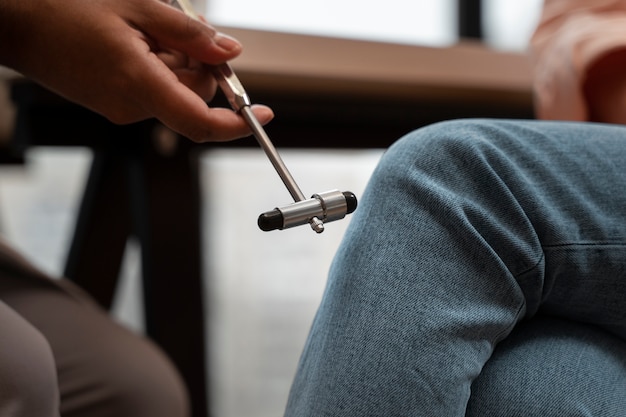
Discovering that your teenager is struggling with drug addiction is incredibly distressing for any parent. Before you react defensively or start grilling your teen about their drug use, keep in mind that their situation likely isn’t a reflection of your actions or parenting.
Teens often become addicted to drugs due to peer pressure, mental health issues, or stress from school or work. Some even fall into addiction by accident. Understanding the reasons behind your teen’s drug use and the associated risks is crucial for addressing the problem effectively.
As a parent, it’s essential to start conversations about these tough topics with your teen, demonstrating that you’re willing to listen and offer support. Be prepared to face some resistance and remain assertive during these discussions.
Ensure your teen knows you’re there for them, provided they’re willing to get help. Encourage them to attend therapy or work together to explore drug rehab centers that can set them on the right path.
Although it’s normal to feel scared and heartbroken, staying silent won’t resolve the issue. Don’t make excuses for their behavior either. If your teen is already grappling with drug addiction, they need your help more than ever. The sooner you step in, the sooner you can prevent the addiction from worsening.
Understanding the type of drugs your teen is using and their negative effects can help you and your family find the best treatment options. Avoid berating your teen, as it won’t yield positive results and could worsen the situation. Instead, share how their behavior affects you. They might be more open to seeking treatment if they see things from your perspective.
While empathy is crucial, avoid enabling or coddling your teen. Don’t let them manipulate your support into tolerance for their addiction. Drugs can profoundly alter thinking and behavior, leading teens to take loved ones’ kindness for granted.
When talking to your teen, express your needs, concerns, and boundaries clearly. Be firm about what you won’t tolerate, then observe their reactions and reinforce positive behaviors when possible.
Work together to set clear and concrete guidelines for acceptable behavior. Consistently enforce these guidelines, especially initially, to show the serious consequences of drug addiction and how their actions affect others.
Your family needs to heal from the impact of addiction, too. Overextending yourself can lead to burnout, so remind everyone, including yourself, to practice self-care. If you’re struggling, don’t hesitate to seek help from others or join a support group for parents in similar situations.
Take breaks to focus on your hobbies, see friends, and maintain your well-being. Caring for yourself enhances the quality of support you can offer your teen.
For couples dealing with addiction together, there are programs like couples rehab to support both individuals.
Helping your child through drug addiction is challenging, and managing your relationship with your teen, your family, and yourself isn’t easy. By following these tips, we hope you’ll feel more empowered to support your child on their journey to recovery.